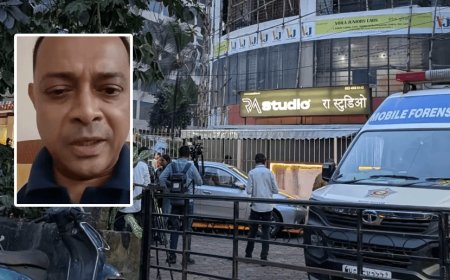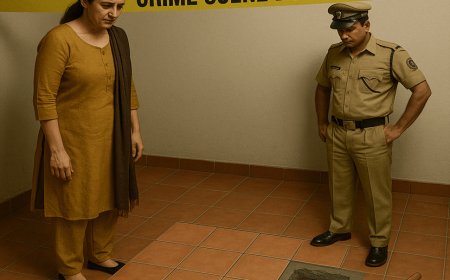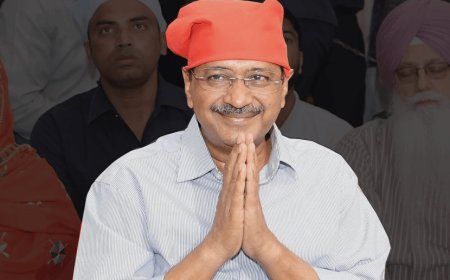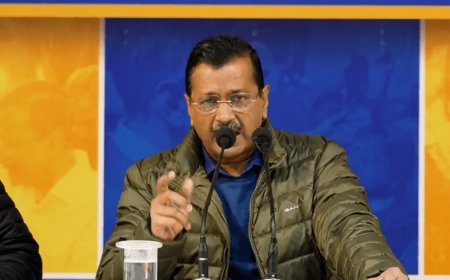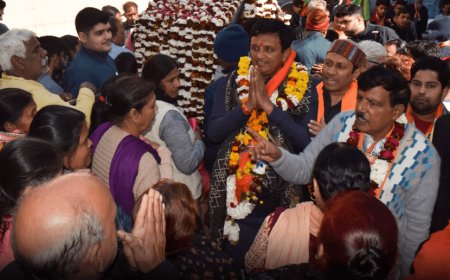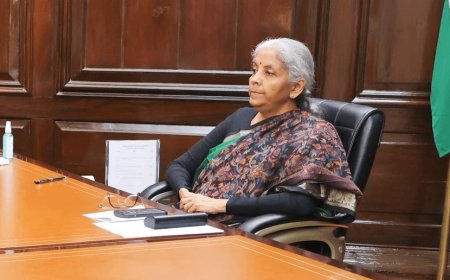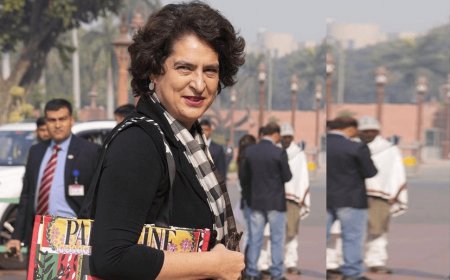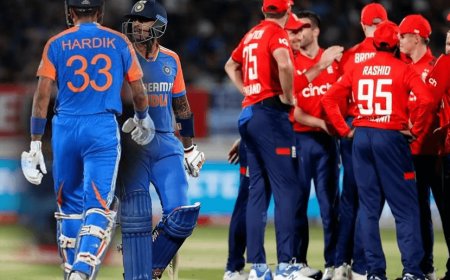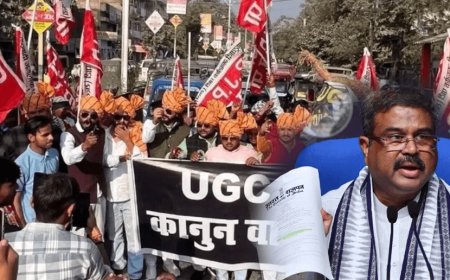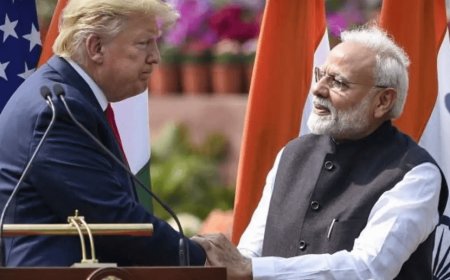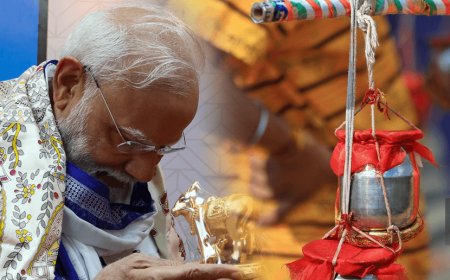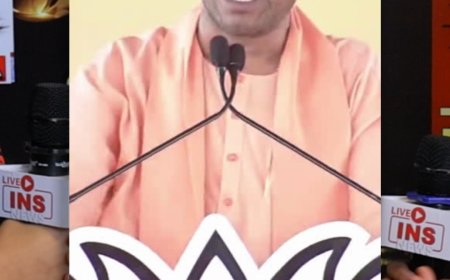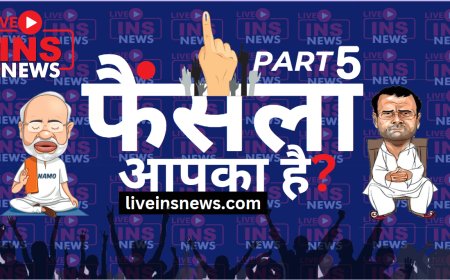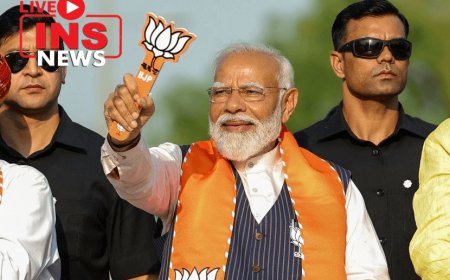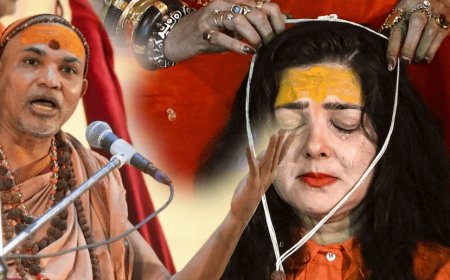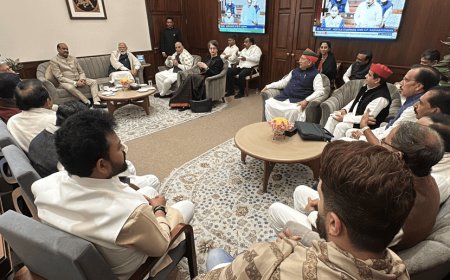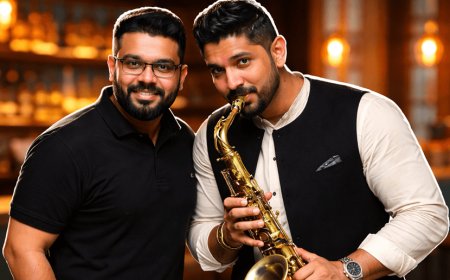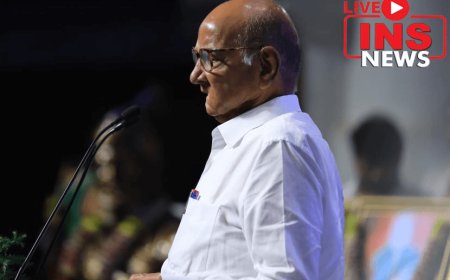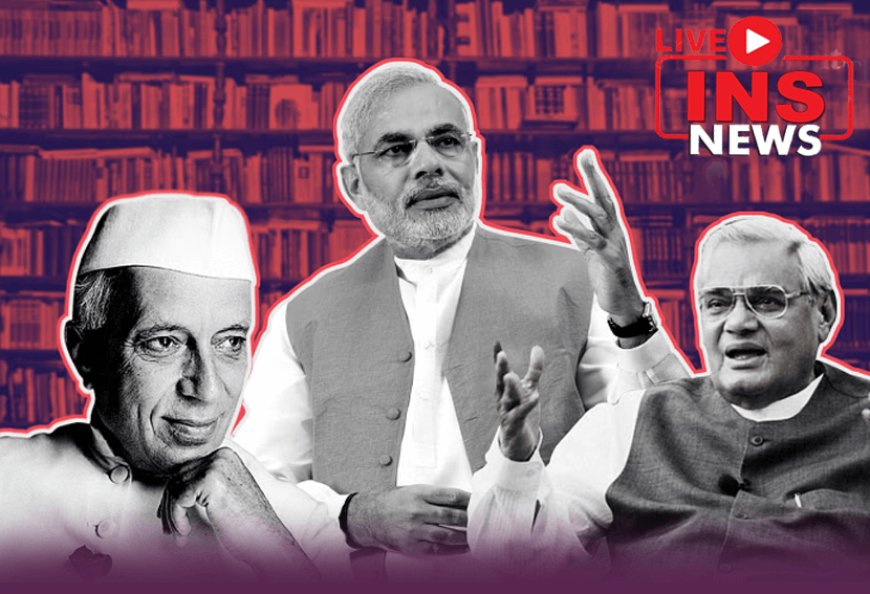Secret recording of husband or wife will now be considered as evidence against each other
The high court had ruled that recording the wife's telephonic conversation without her knowledge was a "clear violation of the fundamental right of the petitioner-wife, i. e., her right to privacy" and could not be admitted as evidence in the family court. The High Court had pronounced the verdict in a case related to divorce proceedings under Section 13 of the Hindu Marriage Act, 1955.

The Supreme Court has given an important decision regarding marital disputes. Under this, secretly recorded telephone conversations of the husband or wife will be admissible as evidence. The Supreme Court has said that this can be considered as evidence in the family court. The Supreme Court has stayed the Punjab and Haryana High Court judgment. The high court had termed the recording of the wife's telephonic conversation without her knowledge as a "clear violation" of her fundamental right to privacy. The High Court had said that this cannot be accepted as evidence in the family court. The order was passed by a bench of Justices BV Nagarathna and Satish Chandra Sharma. The bench said that secretly recorded telephone conversations of the husband or wife are admissible as evidence in matrimonial proceedings. "Some arguments have been made that allowing such evidence would jeopardise domestic harmony and marital relationship as it would encourage spying on the spouses, thereby violating Section 122 of the Evidence Act," the bench said. We don't think this argument is valid. If the marriage has reached a point where the husband and wife are actively spying on each other then it is in itself a symptom of a broken relationship and shows a lack of trust between them. The case is being heard by the Punjab and Haryana High Court. The high court had ruled that recording the wife's telephonic conversation without her knowledge was a "clear violation of the fundamental right of the petitioner-wife, i. e., her right to privacy" and could not be admitted as evidence in the family court. The High Court had pronounced the verdict in a case related to divorce proceedings under Section 13 of the Hindu Marriage Act, 1955.
What's Your Reaction?







